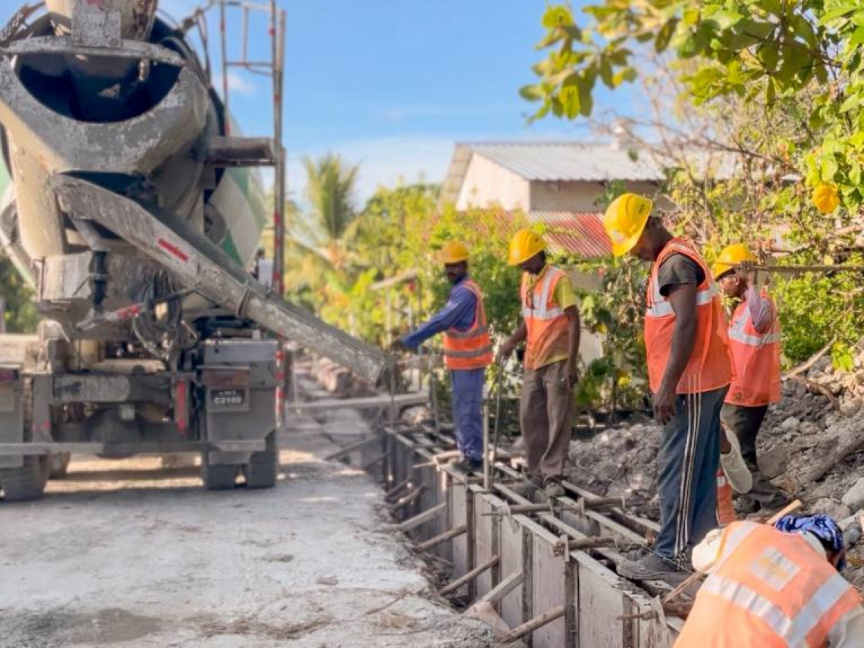
Ministry Updates Expat Work-Site Registration Procedures
The Ministry of Homeland Security and Technology has announced significant revisions to the expatriate work-site registration process, effective from October. This update is designed to streamline documentation and expedite the application process for employers seeking to recruit foreign workers.
In a recent statement, the ministry outlined several key changes to the registration procedure. The revisions include updated documentation requirements and new forms aimed at improving the efficiency of both registration and data verification processes. The primary changes are:
- Project Agreement Form (Construction): Required for the registration of expatriate employees working in construction projects.
- Project Agreement Form for Other Works: Needed for expatriate employees involved in non-construction related work.
- Declarations for Leased Properties: New forms to register leased properties, land, buildings, vessels, or vehicles as work-sites on the expatriate system.
- Updated Work-Site Declaration Form: Includes a ‘help page’ to assist applicants in completing the necessary paperwork.
These revisions aim to facilitate a smoother registration process, reducing delays and improving the accuracy of data verification. Despite the streamlined process, the ministry retains the right to request original copies of employer-employee agreements when necessary.
All forms must be submitted either through a registered legal notary or by registering the documents with the Civil Court or a magistrate court. If notarized, documents must be accompanied by a notarization certificate.
In addition to the changes in work-site registration, the ministry has also updated recruitment procedures. Notably, there is a new requirement for appointing a representative for workers, with these forms becoming effective from September 16th. Employers must ensure compliance with these new procedures to avoid having their applications deemed void.
The ministry's efforts to update and simplify these procedures reflect an ongoing commitment to improving the efficiency of expatriate recruitment and registration processes. Employers are encouraged to familiarize themselves with the new requirements to ensure a smooth transition and continued compliance.